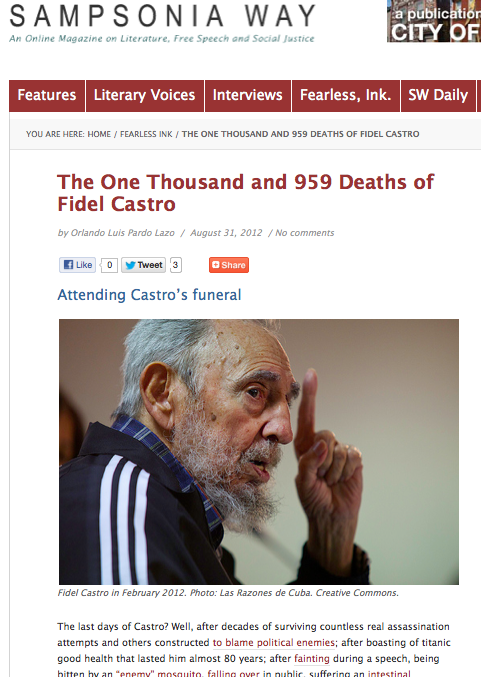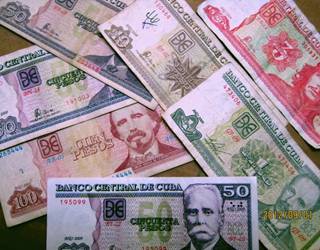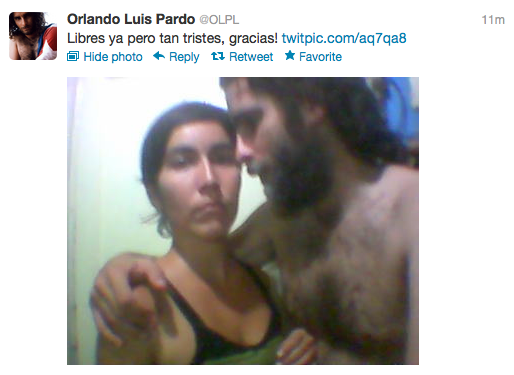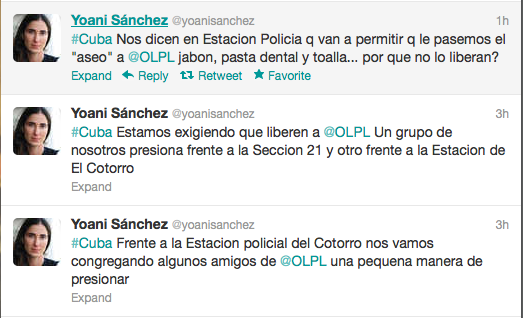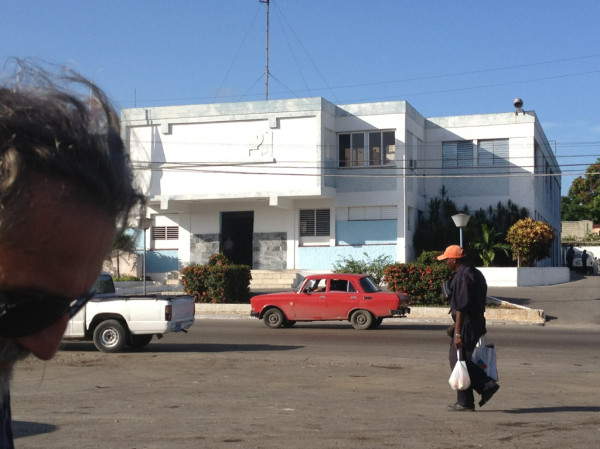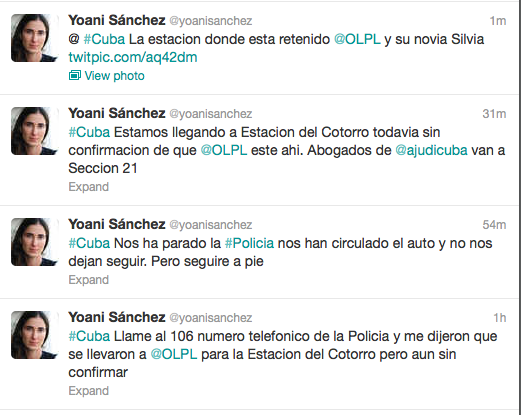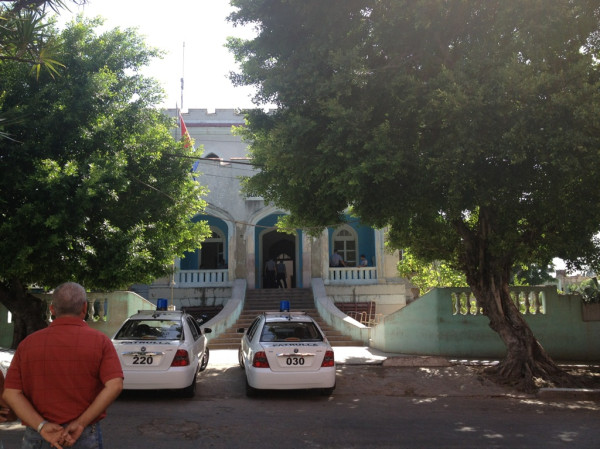
As of Monday, a steep increase in the tariffs on importing goods took effect in Cuba. Resolution No. 122 of 2012, from the General Customs of the Republic of Cuba, establishes new fees for shipments to the Island by air, sea, post, or courier. It also stipulates that these duties will be paid by Cuban nationals in convertible currency, which is a severe blow for the residents of the country. The new measure establishes high tariffs for the entry of certain goods and has provoked strong discontent among wide sectors of the Cuban population. The articles affected by the charges range from clothing to toiletries and food, and even flat-screen TVs and computers. Few goods escape the increase.
The resolution contradicts the government’s intent to encourage small private businesses. For many self-employed workers these imports are a significant supply source. Every week thousands of pounds of raw materials, repair parts and appliances arrive on the Island, which end up in the non-State sector of production and services. They come in parcels, in the suitcases of Cubans who have been abroad on official missions, and also with the so-called “mules.” These latter are Cubans, primarily from Miami; emigrants whose trips home are paid for by agencies who arrange for them to – openly – carry goods for others to the Island.
Although the Cuban authorities insist that these new tariffs are similar to those of other countries, the absence of a wholesale market in Cuba has led many to consider the measure “a huge mistake.” The discontent and confusion have reached a point to where the official media have had to explain the details over and over. In an article appearing this Monday in the official newspaper Granma, they offered “some clarifications about the new rates.” Among these, we find that all products valued between 50.99 pesos (about $2.50 U.S.) and 500.99 pesos (about $25.00 U.S.) will be charged customs fees to enter the country of 100% of their value. If the traveler does not present a receipt for the object, then the value will be determined based on the “Customs Valuation List For Non-Commercial Imports.”
Among the objects most in demand by Cubans right now are flat-screen televisions and washing machines. When maritime shipping began to be allowed between Florida and Havana last July, these appliances were the most shipped. The ship “Ana Cecilia” that links the two shores, transporting parcels sent by exiles, could be seriously affected by the new customs tariffs.
Self employed are hardest hit
Many Cuban families sustain their domestic economy thanks to parcels sent from abroad, but it is among the self-employed where this has the greatest influence. The new General Customs resolution will negatively impact these emerging entrepreneurs.
In a pizzeria in Central Havana Juan Carlos, the owner, accumulated imported cheese in his pantry in anticipation of looming shortages. According to Juan, a good part of the dishes on his menu are made with Parmesan cheese, grated, packaged and sent from Florida by his brother. “To buy it here in Cuba in a store selling in hard currency, I would have to pay triple,” he says. But now the import of that product will raise his costs and he won’t have the profits necessary to ask that it be sent from abroad.
“For now I am planning to increase the prices of everything that uses ingredients brought by mules.” One only has to look at the menu of the busy restaurant to realize that the prices of many items will soar. Pasta with pesto now costs the equivalent of about $4.35 U.S., but soon Juan Carlos will increase it to $5.00. “The customer is going to have to pay the consequences of this absurd measure,” the young entrepreneur predicts, while overseeing the temperature of an enormous pizza oven.
Not only will it affect food businesses, the new customs duties are going to be a hard blow to the informal market in clothes and shoes. A thriving informal network brings in tons of pants, women’s blouses, underwear and shoes from nearby destinations such as Panama, Mexico and Ecuador. A profitable trade supported especially by counterfeit apparel.
For now, the informal market and self-employment sector are waiting to see how much damage they’ll be caused by the increase in import taxes. Already some have begun to talk about this possibly being a part of Raul Castro’s “counter-reform.”
4 September 2012


